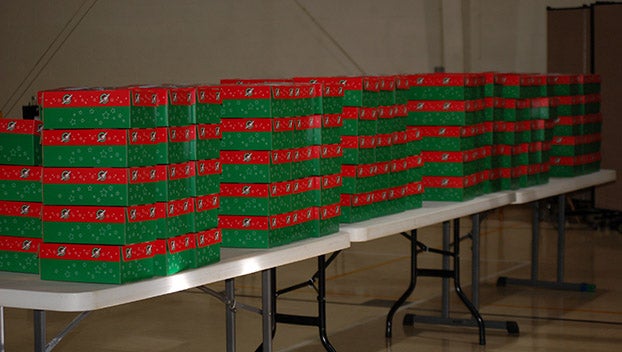Wildfire data has student researcher in the hot seat
Published 10:12 am Thursday, September 3, 2015

- Longwood student Daniel Schimoler and professor Dr. Chris Labosier researched climate’s impact on wildfires.
Learning a foreign language can be a struggle, and sometimes the best course of action is jumping into the deep end.
For many college students, immersion in a foreign language usually takes the form of a study abroad experience or an upper-level class in which the instructor only speaks another language.
But for Daniel Schimoler, language immersion is happening in a laboratory over eight weeks as part of the PRISM summer research program.
Schimoler ’16 is learning and using the language of a statistical program called MATLAB to crunch vast data sets that hopefully reveal new information on wildfire patterns.
“A lot of what we’re doing, which is getting and analyzing data, must look monotonous and boring and tedious,” Dr. Chris Labosier, Schimoler’s research partner, told an observer. “The goal is a longer-term understanding of coarse-scale spatial patterns of fire activity. As climate changes, what also will change?”
Much of the work is done with vast amounts of data collected by the National Climatic Data Center—from about 60 national forests over the last 50 years. Schimoler puts his new language skills to work crunching this huge amount of data.
“Numbers speak; it’s just a complicated language,” said Schimoler, seated next to Labosier one recent morning at a computer in Chichester. “It’s a lot of work.”
Labosier agrees. “It is a lot of work to get one number,” he said. “You’re taking the data to calculate numbers. We’re looking to see what the data tells us about wildfires. I learned MATLAB while doing my dissertation, but I’m still learning. It’s a steep learning curve.”
Most of Schimoler’s work is done in the recently christened “Climate Science Lab” in Chichester, where the integrated environmental sciences major from Chantilly hooks his laptop up to a computer monitor. “Daniel is very independent,” said Labosier. “I give him a set of instructions, and some background, and he goes to work.”
“If I have any questions,” said Schimoler, “I pop up to his office. I see him every morning, then check with him throughout the day and meet up with him late in the afternoon. We have a good working relationship.”
Schimoler plans to study climatology in graduate school.
“PRISM has worked out well for me. It’s been fantastic,” he said. “I’ve enjoyed having a research job, which doesn’t feel like work. My research last semester [under Dr. Kathy DeBusk Gee, assistant professor of environmental sciences] gave me a taste for research. I enjoy being able to problem-solve all day. I like answering questions.”





